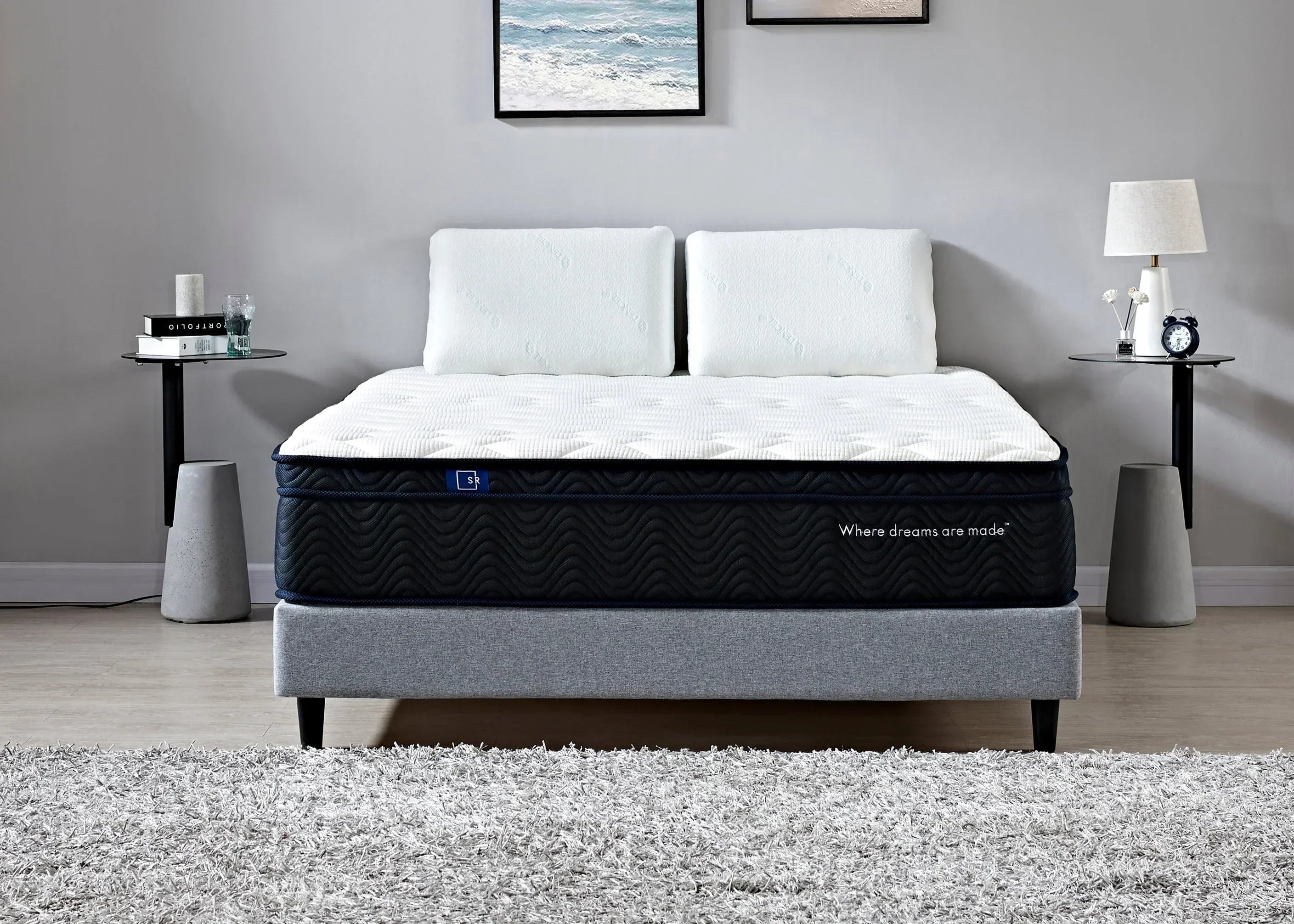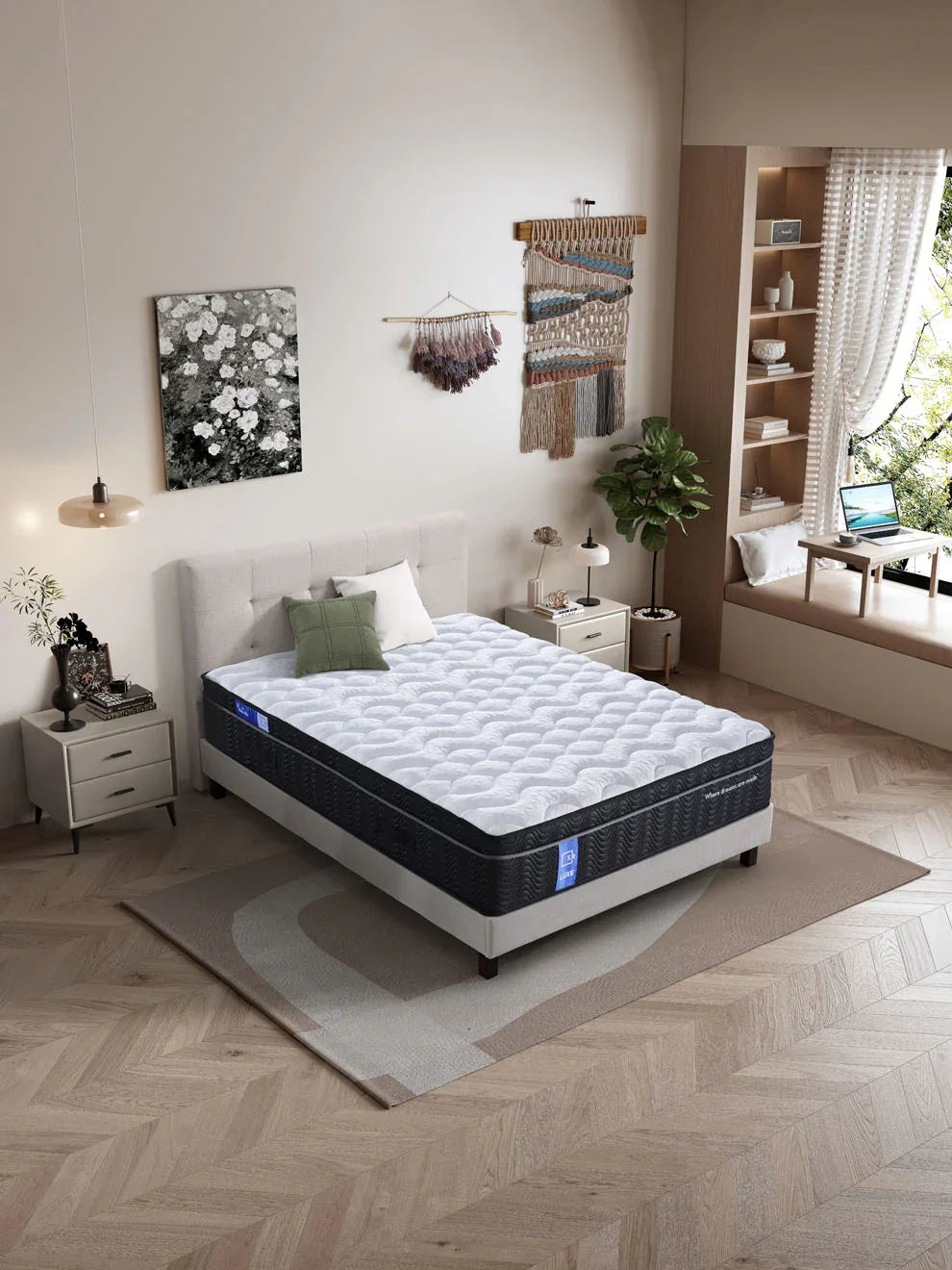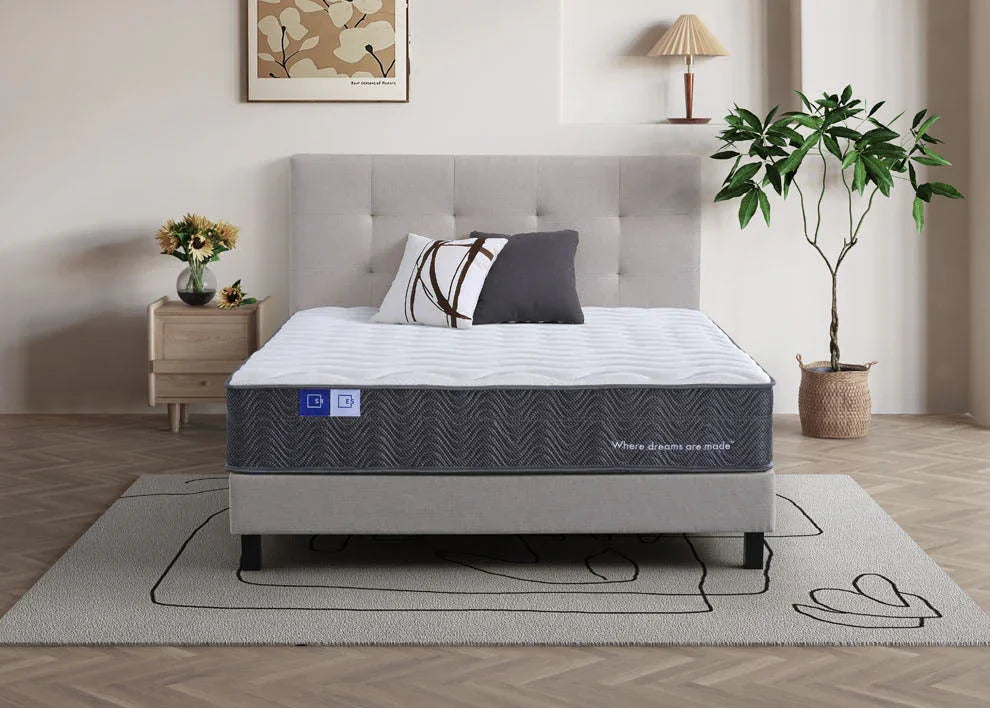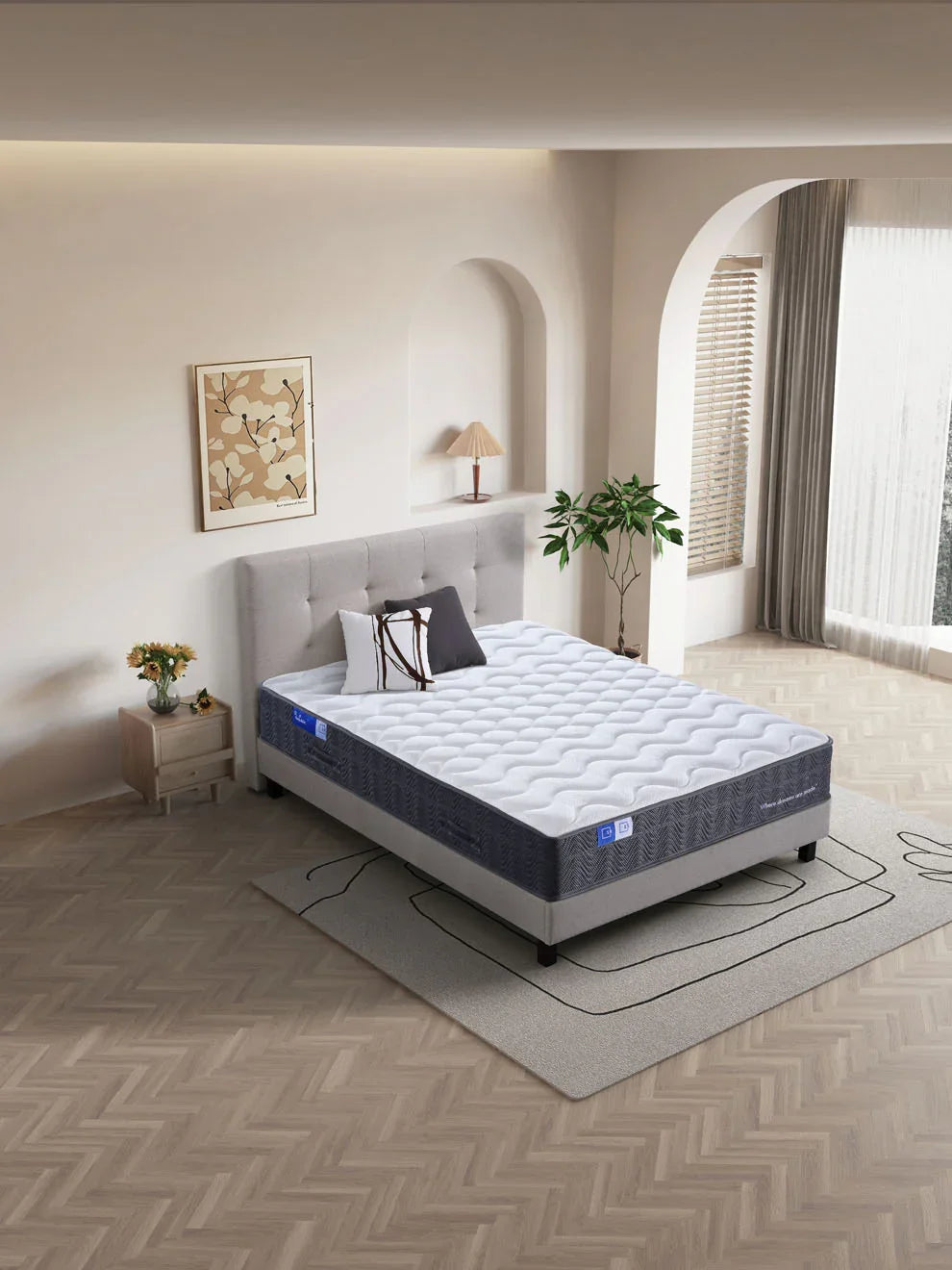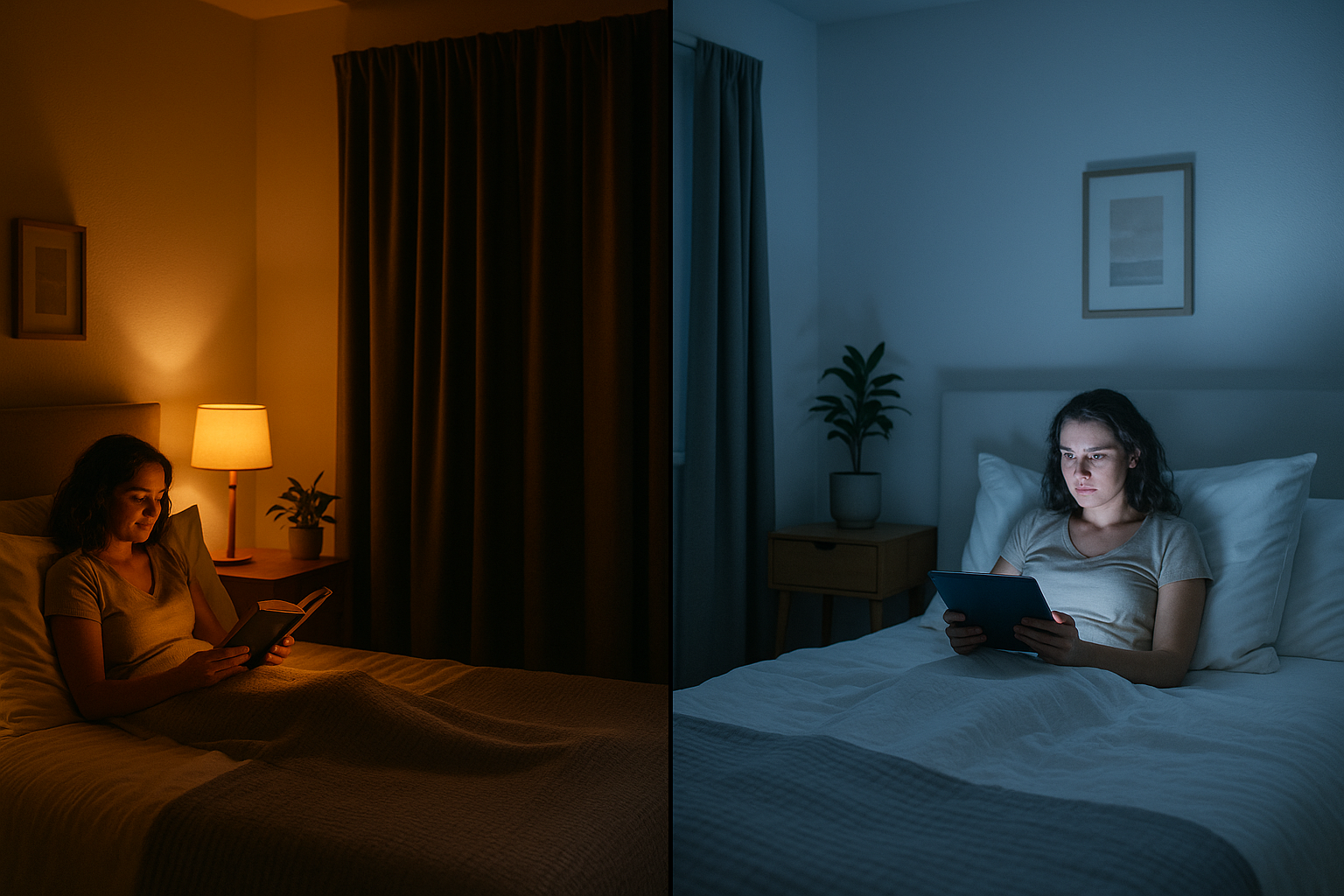If you have ever struggled to fall asleep despite feeling tired, your bedroom lighting may be playing a bigger role than you realise. The type and timing of light exposure can have a direct impact on your body’s production of melatonin, the hormone responsible for making you feel sleepy and regulating your circadian rhythm. By understanding how lighting influences melatonin, you can transform your bedroom into a true sleep sanctuary.
Melatonin is a hormone produced by the pineal gland in the brain. It rises in the evening as it gets dark, signaling to your body that it is time to sleep. However, exposure to bright or artificial light before bed can delay or suppress melatonin production. This can make it harder to fall asleep, reduce your sleep quality and even shift your internal body clock, leading to grogginess the next day.
The biggest culprit is blue light. This type of light is emitted from phones, tablets, TVs and even some LED bulbs. Blue light tricks your brain into thinking it is still daytime, keeping melatonin levels low. If you often scroll on your phone or watch TV right before bed, you might be inadvertently delaying your sleep cycle.
Optimising your bedroom lighting can significantly improve melatonin production and sleep quality. Start by using dim, warm-toned lights in the hour before bed. Lamps with soft yellow or amber bulbs create a calming environment that signals to your brain that it is time to wind down. Avoid bright overhead lights at night and instead opt for smaller, indirect sources of light.
Another effective strategy is to limit screen time before bed. Aim to put away phones, tablets and laptops at least 30 to 60 minutes before sleep. If you need to use devices in the evening, enable night mode or use blue light filters to reduce exposure.
Natural light also matters. Getting plenty of daylight during the morning and afternoon helps regulate your circadian rhythm so melatonin production kicks in more effectively at night. Open your curtains during the day or spend time outside to strengthen this natural cycle.
Finally, pair your lighting routine with a supportive sleep environment. A comfortable, breathable mattress is the foundation of good sleep. At Sleep Republic, our hybrid mattresses are designed to keep you cool, supported and undisturbed all night long. Combining high definition pocket springs, gel-infused memory foam and natural latex, our mattresses work alongside your healthy habits to give you deeper, more restorative rest.
When you create a bedroom that supports melatonin production, you are not just improving your sleep, you are improving your overall wellbeing. Consistent, quality rest boosts mood, focus and immunity, helping you wake up feeling refreshed and ready for the day.



